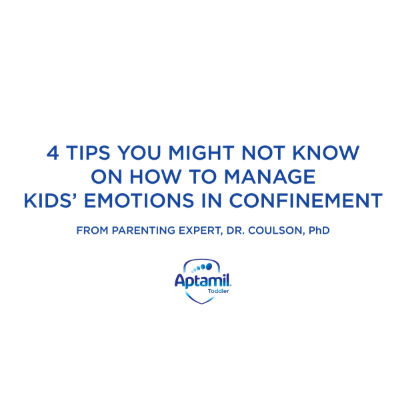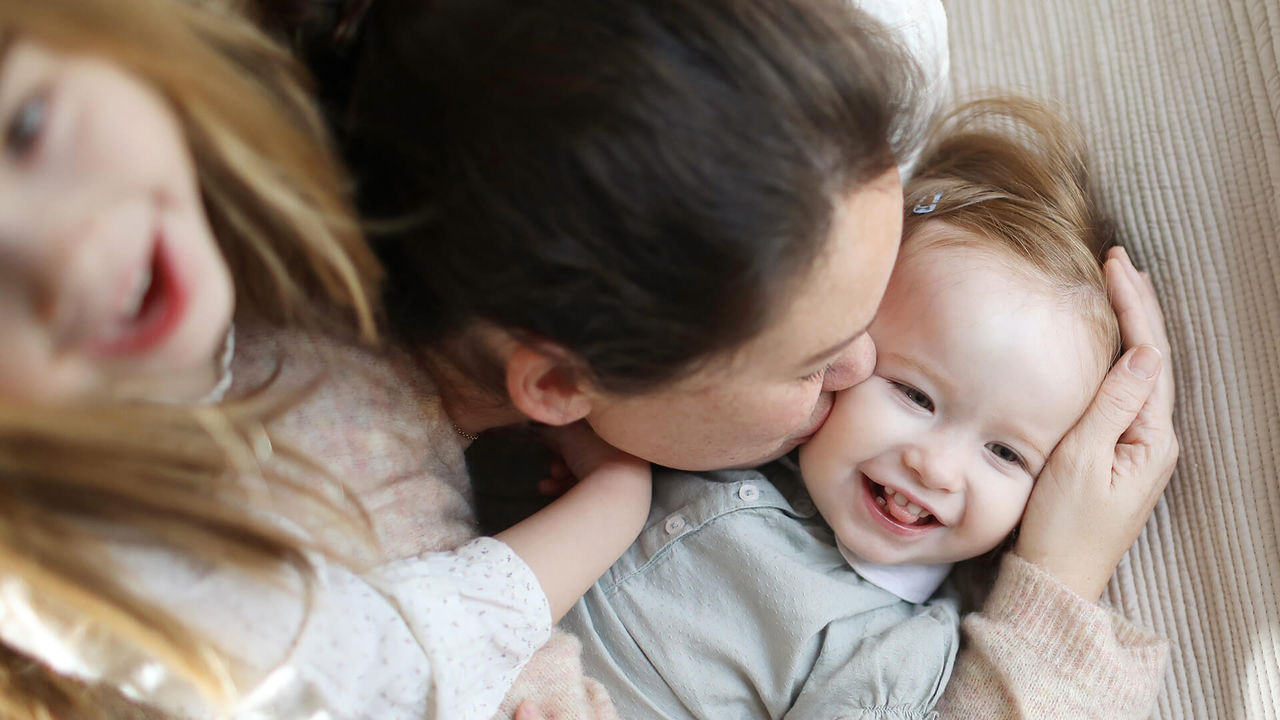Every Parent has a story - 2 NOV 2023 By Team Bounty
Say goodbye to tears.
While it’s natural for kids to go through phases of separation anxiety when away from their parents, it can be a challenging and stressful time for the whole family – especially when it comes to daily routines like dropping them off at school or daycare.
It may be reassuring to know that this separation anxiety is a common and a developmentally appropriate and healthy response in toddlers as it shows they’ve formed a close attachment to their caregiver.
Helping your toddler cope with separation anxiety requires patience, empathy and understanding.
Tips to help your toddler cope with separation anxiety
1.Stay calm: Children often pick up on your emotions so try not to manage your own worries about or upset about leaving them. Remain positive and calm and offer lots of reassurance that you will be coming back.
2.Stick to a routine: Create a consistent routine for your toddler as knowing what to expect will help reduce their anxiety. Try and stick to the same timings for meals, naps and bedtime.
3.Take it slow and steady: Try leaving your toddler for short periods of time and gradually increase the time you spend apart. This will help your little one to feel comfortable being away from you and reassured that you will return soon.
4.Say goodbye: As tempting as it can be to avoid an upset, don’t sneak away without saying goodbye. Instead, give your toddler a kiss and a hug, say goodbye with a smile, and let them know you’ll be back. Avoid long goodbyes as it can make their anxiety worse if it’s dragged out too long.






